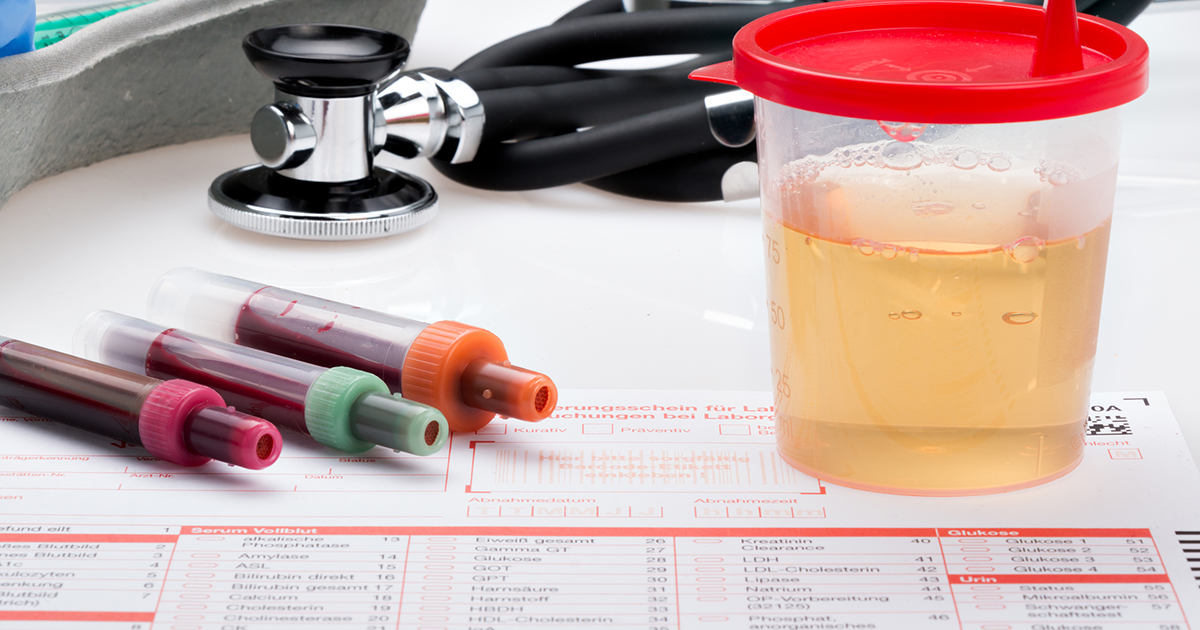Uncommon Autoimmune Diseases Everyone Should Be Aware Of
Diagnosing & Treating Addison's Disease

Addison's disease is usually diagnosed through blood tests, urine tests, and medical imaging. Treatment involves replacing the absent hormones, such as orally consuming a corticosteroid like hydrocortisone and fludrocortisone, with lifelong continuous steroid replacement therapy a requirement. A high-salt diet may also be helpful to those afflicted, and in many cases, large doses of intravenous fluids (IV) with sugar dextrose is required. Without any treatment, a patient who suffers from an adrenal crisis can die. Although most individuals probably have heard of the condition, it only affects 0.9 to 1.4 per ten thousand people in the developed world, and mostly affects middle-aged females.
Autoimmune Thyroiditis: Symptoms & Causes

Autoimmune thyroiditis is a chronic disease where the body interprets the thyroid glands and its hormones, T3, T4, and TSH, as threats, resulting in the immune system producing special antibodies that specifically target the thyroid's cells and destroying it. This condition can be present with hypothyroidism or hyperthyroidism and with or without a goiter, which affects the symptoms and treatment options for this disease. Symptoms vary based on the thyroid function, as hyperthyroidism can result in sweating, a rapid heart rate, anxiety, tremors, fatigue, sudden weight loss, sleep problems, and protruding eyes.
Hypothyroidism symptoms include weight gain, fatigue, dry skin, hair loss, intolerance to cold, and constipation. Symptoms tend to come and go as it depends on whether the patient is receiving treatment and how effective it is. Causes of autoimmune thyroiditis include genetics, as it is an inherited dominant trait; a high iodine consumption, which is prevalent in countries such as the U.S. and Japan; or age, as thirty-three percent of women over seventy, and the average ages for both genders for developing it is fifty-eight and fifty-nine years old.
